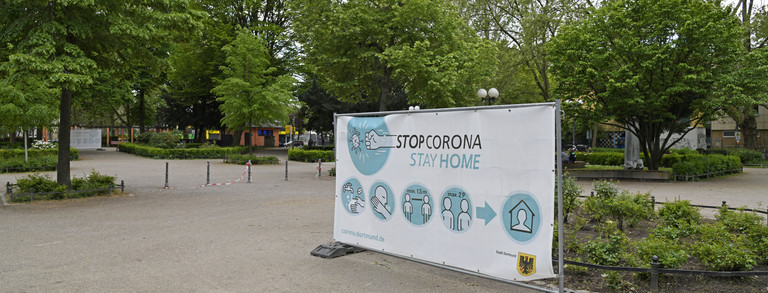Accessibility mapping
Work Package 5: Accessibility Mapping
This work package aimed to assess individuals' travel possibilities and accessibility within the constraints of the pandemic, using a spatial assessment and space-time analysis based on Hägerstrand’s (1970) model. The research focused on how geographical access and time-space constraints shifted due to COVID-19 restrictions and the increasing role of virtual access.
Methodology
1. Data Collection and Mobility Biographies
Building on the household interviews from WP5, mobility biographies were collected using Maptionnaire to document pre-pandemic (2019), lockdown-era (2020) and post-pandemic (2023/2024) travel behavior. This included:
- Trip purpose, location, duration, and travel mode (e.g., public transport, private vehicle, walking, cycling)
- Travel time and time spend for essential trips (e.g., work, school, healthcare, social visits)
- Virtual activity participation, including remote work, online education, and digital access to services



